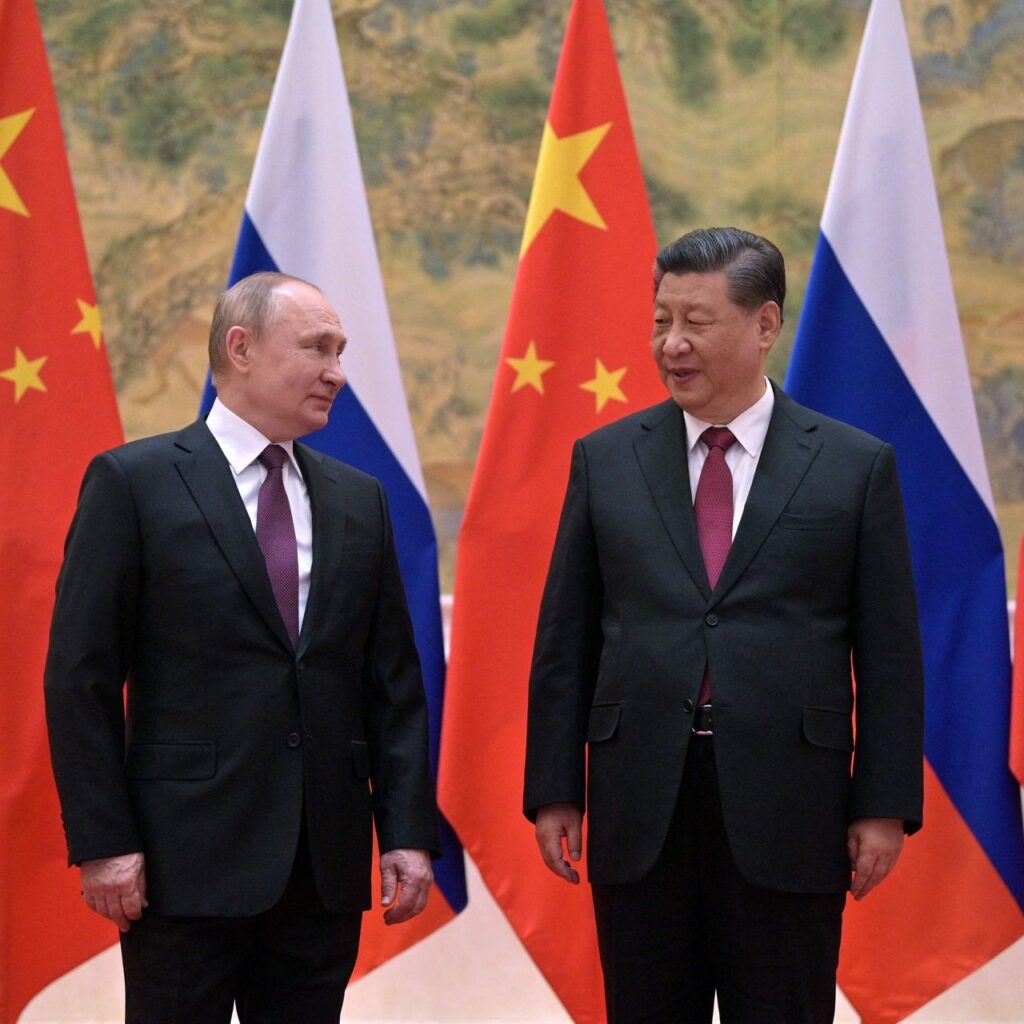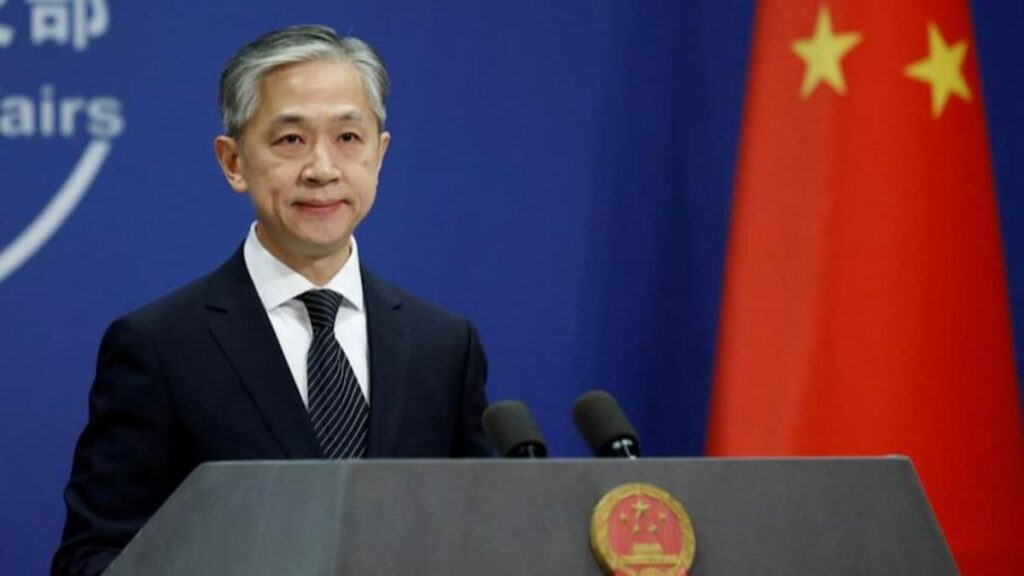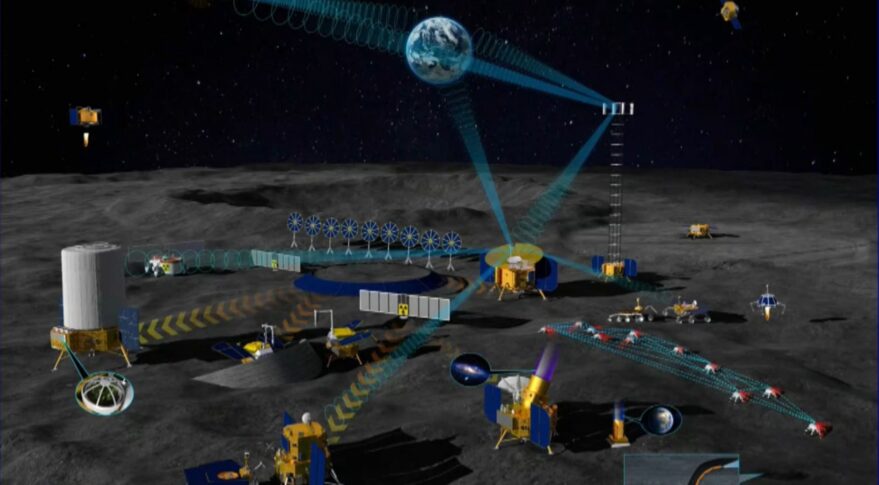Following the invasion of Ukraine, Roscosmos is looking to China as a supplier of critical space industry components and a mission partner, although sanctions might still have a significant impact on any future plans.
Dmitry Rogozin, the head of Russia’s space agency, told Russian media on February 26 that sanctions imposed by Western countries will affect supplies of microelectronics needed for spacecraft.

“With all our efforts to promote the Russian national microelectronic industry… it is impossible to produce everything,” Rogozin said, adding that, “We have excellent relations with China … and we will solve these problems.”
Following sanctions implemented in 2014 in reaction to Russia’s annexation of Crimea, Russia is thought to have looked to Chinese state-owned aerospace industries for alternatives. The invasion of Ukraine, on the other hand, is having far more serious consequences.
According to reports, China does not appear to be assisting Russia in avoiding sanctions thus far. By conducting business with Russia, Chinese banks and other businesses risk facing sanctions and losing access to the US financial system, according to the report.
China is said to be attempting to strike a balance in its approach to the Ukrainian conflict. Beijing is encouraging restraint and refusing to label Russia’s activities as an invasion, but it looks to be wary of being caught up in Russia’s repercussions.
“China and Russia are comprehensive strategic partners of coordination. Our relationship features non-alliance, non-confrontation, and non-targeting of any third party. China’s position on the Ukraine issue is consistent. We always decide on our position and policy based on the merits of the matter itself, “Chinese foreign ministry spokesperson Wang Wenbin said in a regular press conference on Feb. 28, underlining that Moscow and Beijing were not allies.

“I believe China is becoming caught between a rock and a hard place,” says Matti Nojonen, a professor of Chinese culture and economy at the University of Lapland, noting that while Beijing is moving closer to Moscow, practically the entire world community is turning against it.
“I think they [China] are very carefully monitoring now what they’re doing and what kind of reactions this has created. I think it must have surprised China how this united all the Western powers … and now it turns out that even countries like Kazakhstan are turning and criticizing what Putin did.” Nojonen said.
Under the Arms Export Control Act and the Export Administration Act, the US State Department imposed sanctions on subsidiaries of China’s main space contractors, the China Aerospace Science and Technology Corporation (CASC) and the China Aerospace Science and Industry Corporation (CASIC), in January.
Following the rupture of relations, Roscosmos says it is exploring for new collaborations. According to the TASS news agency, Rogozin has authorised a team to begin negotiations with Beijing on deep space mission coordination and mutual technical support.
Agreements for cooperation on the Chinese Chang’e-6 and Chang’e-7 and Russian Luna 27 missions, a cooperative data centre for lunar and deep space exploration, and a projected collaborative International Lunar Research Station have all grown in recent years (ILRS).
However, with the projected substantial impact of sanctions on Russian space programmes, questions about the respective roles in the lunar base plan arise. In the early 2030s, the ILRS roadmap envisions a series of launches using new super heavy-lift launch vehicles developed separately by Russia and China. According to a roadmap issued in June 2021, the ILRS plans to create a robotic research facility, most likely at the lunar south pole.
Other missions may now see Chinese participation instead of American participation. Rogozin stated that the Venera-D mission to Venus could no longer include US participation. While American and Russian experts discussed a possible role for NASA on the trip, the project had been delayed significantly.

While the International Space Station continues to operate normally, Russia’s collaboration in other areas has come to an abrupt halt.
Roscosmos claimed in a pair of tweets on Feb. 26 that it is stopping collaboration with European partners in planning space launches from French Guiana, citing a statement by Rogozin.
The European Space Agency announced on Feb. 28 that the launch of its ExoMars mission in September is “extremely improbable” due to Russian sanctions and the broader backdrop of its invasion of Ukraine.
Meanwhile, India has refrained from criticising Russia so far. As part of a larger set of accords, the two countries agreed in December to increase collaboration in the space sector, including human spaceflight missions and satellite navigation.




